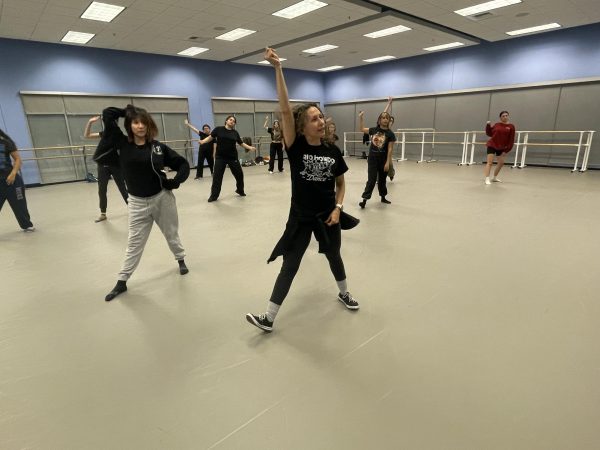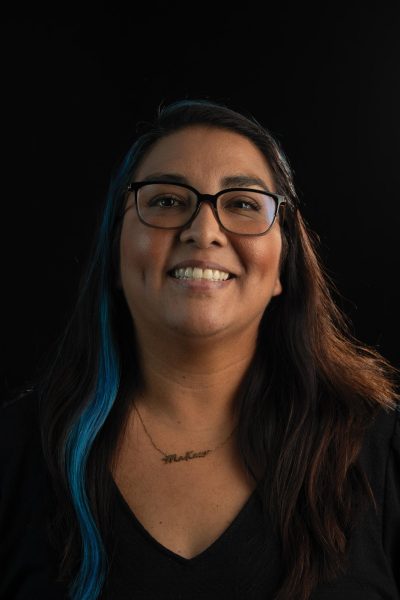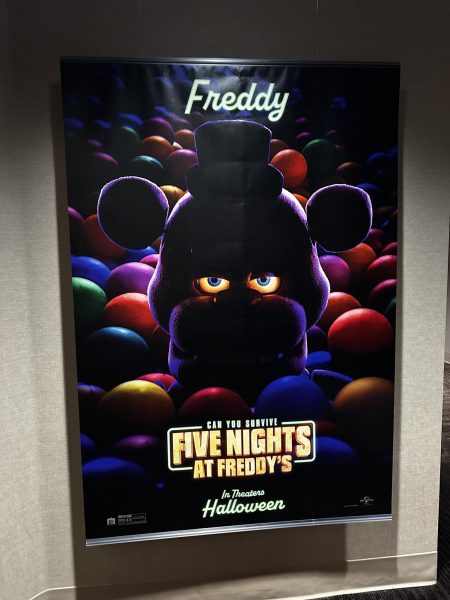How the River Deep Student Film Festival and River’s Voice reading empowered students and their creativity
The Writes of Spring event, hosted from April 20-21, featured seven guest speakers from different writing backgrounds, as well as the River Deep Student Film Festival and River’s Voice reading.
This year marks the 15th anniversary of the event that celebrates the appreciation of the arts, whether it be in the form of literature, artwork or motion picture.
The River Deep Student Film Festival is open to all students enrolled at Rio Hondo College. Past festivals have featured live action, animation, Claymation and photographic stills. The two film categories are micro short and short films, the former which is under six minutes in length while the latter can be as long as twelve minutes.
The committee for River Deep is composed of Sheila Lynch, a professor of Art History, and Tom Callinan, a professor of English and literature. They both hosted the screening and considering it is the sixth anniversary of the event, decided to show films from previous years to celebrate former students’ work.
“It’s time to look back. We wanted to see all these great films in one showcase.” Callinan said. He stated that the decision to feature previous festival films was not just to appreciate the filmmakers,but to try and inspire students for the coming years.
The showing featured the award-winning films from the last five years, as well as this year’s submissions. The films showcased were innovative for being shot with small crews and had thought-provoking themes that immersed the viewers by the use of camera techniques, storytelling and editing skills.
Crystal Valdez’s 2011 award-winning film, “Treasure,” demonstrates the great amount of effort that is put into the student filming. Valdez used stop motion animation to tell a love story between two dolls that search for each other and come to life upon meeting.

Mercedes Navarro reads an excerpt from her piece at the Rivers Voice reading.
Stop motion is the technique of physically manipulating objects that appear to move on their own. During the screening, Lynch attested to the difficulty and time consuming endeavor that it takes to make a quality film using the technique.
Andrew Santacruz’s short film, “Premeditative,” follows a high school student who contemplates suicide due to bullying. The film’s depth in the protagonist’s suicidal thoughts and the realism of school bullying garnered it enough praise to win the Judge and Audience Award for the short film category in 2015.
Lynch talked about the impact an audience has on an aspiring filmmaker. She stated “Having a forum to show your work within and to be chosen as an award winner is an amazing identity shift. Suddenly, you go from somebody who thinks that you might try this to having an audience of complete strangers that admire what you’re doing.”
The film festival was followed by the River’s Voice reading in which students and faculty, who not only were published in the annual magazine but selected as award winners, read their work to an audience.
“I think it (River’s Voice) gives students a lot of affirmation and confidence.” Daniel Osman, host of the event and English professor, said. “Knowing that their work has been read and appreciated makes them feel as though they’ve been heard and I think that will give any writer a little more confidence.”
As with the film festival, the book reading and River’s Voice magazine provides students with a means to get published for their work. Osman commented on how the magazine can be a stepping stone for aspiring writers,
“It’s really a forum for student writers who are beginning to develop themselves as writers. It moves them along in the direction of getting published in higher profile venues.”
Students and faculty can submit work in the following categories: Short fiction, poetry, memoir and drama.
A committee for each category scores the work submitted and use the scores to decide who gets published. Judges score each category based on a rubric that Osman provides.
When it comes to deciding which work is selected to get a prize, one judge from each committee category selects three winners.
Interested students can get more information for the River Deep Student Film Festival by contacting Lynch at [email protected], with the subject line titled as River Deep Film Submission.
Contact information for River’s Voice is [email protected].








